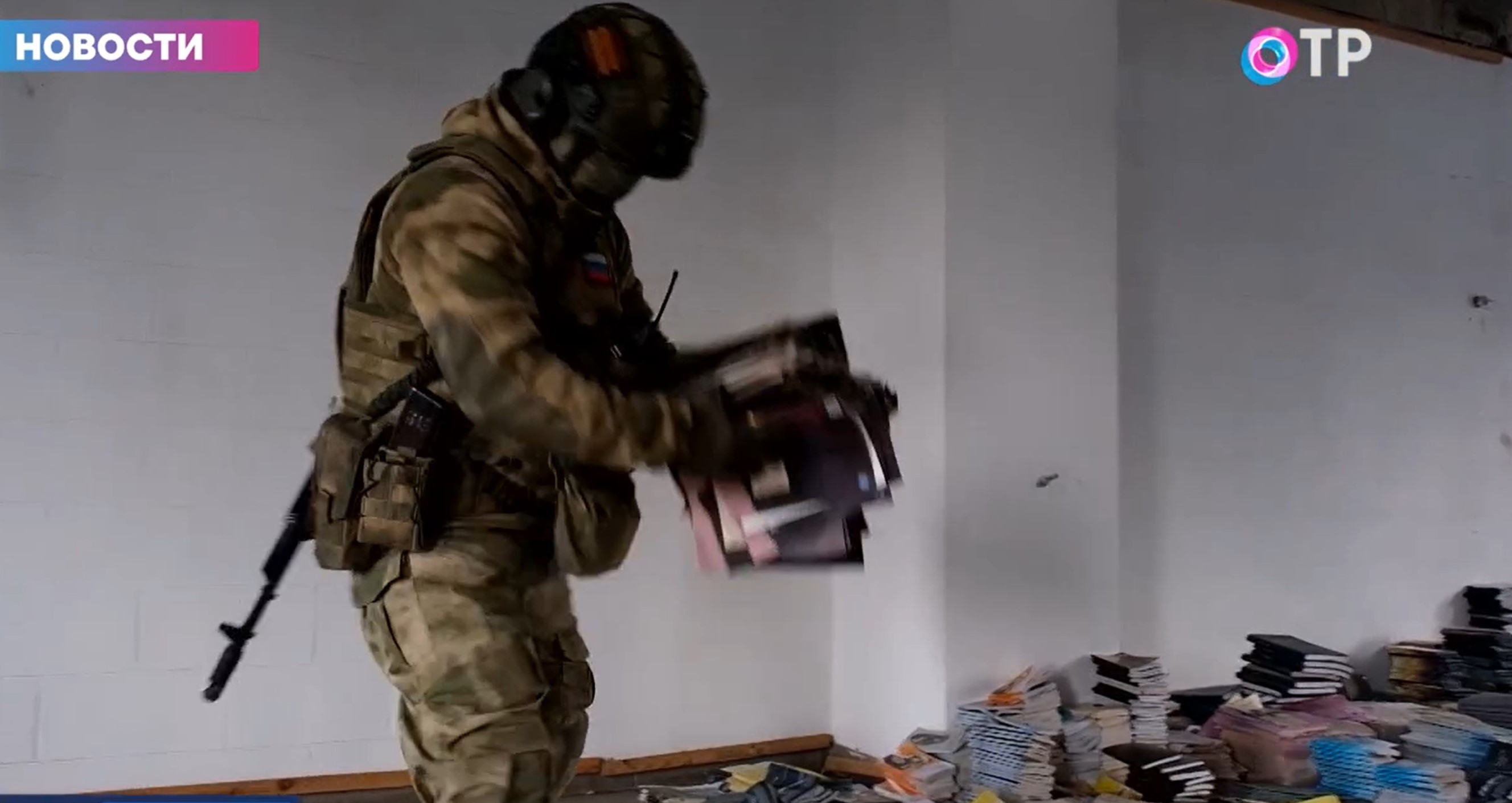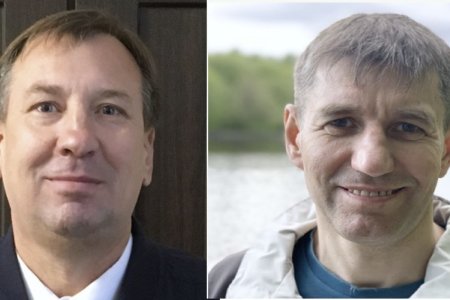
A Jehovah’s Witness in occupied Donetsk has been arrested and, at least initially, remanded in custody and could face a six- or seven-year term of imprisonment merely for practising his faith. Given Russia’s record of religious persecution both at home, and in occupied Crimea, the move cannot be called unexpected. That does not make it any the less ominous, with this first such arrest likely to be followed by others on all parts of Donetsk, Luhansk; Kherson and Zaporizhzhia oblasts currently under Russian occupation.
Any such persecution is disturbing for another reason also. Russia has brought a significantly greater level of lawlessness, as well as an information blockade, to all territory under Russian occupation, with it hard to even find out who has been arrested, let alone ensure that they have an independent lawyer.
The reports on 26 August 2025 do not even give a name, with the person arrested identified only as ‘K’. Russia is using its flawed ‘terrorism’ and ‘extremism’ legislation as supposed justification for what is clearly religious persecution. Russia’s Supreme Court effectively banned the Jehovah’s Witnesses on 20 April 2017, by claiming them to be an ‘extremist organization’, and reports ever since of arrests have used words that suggest something illicit and ‘extremist’ about believers meeting to pray and study the Bible together. It was claimed in this case that “the accused actively participated in the activities of a cell of the extremist organization ‘the Jehovah’s Witnesses’ from September 2018 through May 2023.” The occupation ‘Voroshilov inter-district court’ had remanded him in custody for two months.
With information so limited, it is often the cutoff time (in this case May 2023) which can suggest when a person was, in fact, abducted. While not at all guaranteed that this is the case here, it is otherwise unclear why the alleged ‘extremist activities’, i.e. group worship and study of the Bible are only until more than two years ago.
The claim that ‘K’ was “the leader of a Jehovah’s Witnesses cell” is also nonsense, as the Jehovah’s Witnesses do not have any such hierarchy. The assertion is, doubtless, needed to try to justify the arrest although ‘K’ is accused of ‘participation in an extremist organization’, under Article 282.2 § 2 of Russia’s criminal code. Paragraphs 1 ('organizing') and 2 ('participation') of this article have already been used at least 20 times in occupied Crimea to imprison believers for six to seven years..
Even before the full-scale invasion of Ukraine, Russia used its proxy ‘Donetsk and Luhansk people’s republics’ [‘DPR’ and ‘LPR’} to carry out the same offensive against all faiths except the Russian Orthodox Church which Russia undertook in occupied Crimea. Back in 2018, for example, the so-called ‘Donetsk people’s republic’ banned virtually all material published by the Jehovah’s Witnesses, claiming it to be ‘extremist’ (see also: Ukraine’s religious freedom crushed in Russian proxy Donbas ‘republics’ )
This is not strictly the first attack on Jehovah’s Witness on territory seized since Russia’s full-scale invasion of Ukraine. On 15 January 2024, armed Russia’s FSB burst into the office of the Mariupol Jehovah’s Witnesses and carried out a ‘search’. They claimed to have found ‘evidence’ that the Jehovah’s Witnesses are providing money to Ukraine’s Armed Forces. This was manifestly absurd given that Jehovah’s Witnesses will go to prison rather than take up arms in any military conflict.
The FSB video of its raid on 15 January was widely circulated in the Russian state media and occupation propaganda websites. 20 thousand books were confiscated with it clear from the video that the works, described as ‘extremist literature’, are in fact books of religious worship (‘Sing praise to Jehovah’, the children’s book ‘Become a friend of Jehovah’ and others). The Russians also removed computer discs, founding charters and other documents.
The claim that evidence had been found that the Jehovah’s Witnesses were ‘financing the Ukrainian Armed Forces’ appeared to have come from Rosgvardia. No proof was demonstrated, and it was clear from the range of enforcement bodies deployed that the allegation was planned. TASS reported that the raid was carried out by Russia’s FSB, as well as the FSB installed in the fake ‘Donetsk people’s republic’, military counterintelligence bodies and Rosgvardia. Izvestia claimed that the Russian ‘enforcement bodies’ are now seeking to identify “individuals involved in financing Ukrainian neo-Nazis”.
The new persecution, reported on 26 August 2025, is nonetheless, the first reported ‘arrest’ under Russian ‘extremism’ legislation, with the fact that ‘K’ was reported to have been remanded in custody for two months worrying. Although it now appears that ‘K’ is no longer in custody, he was clearly seized and placed under detention, possibly considerably earlier than the Russian reports. In the effective information blockade that Russia has imposed on occupied territory and given the danger that all believers are in, it is not possible at this stage to establish this.
See:
Two Jehovah’s Witnesses in Russian-occupied Crimea sentenced to 6 years for studying the Bible online and here



